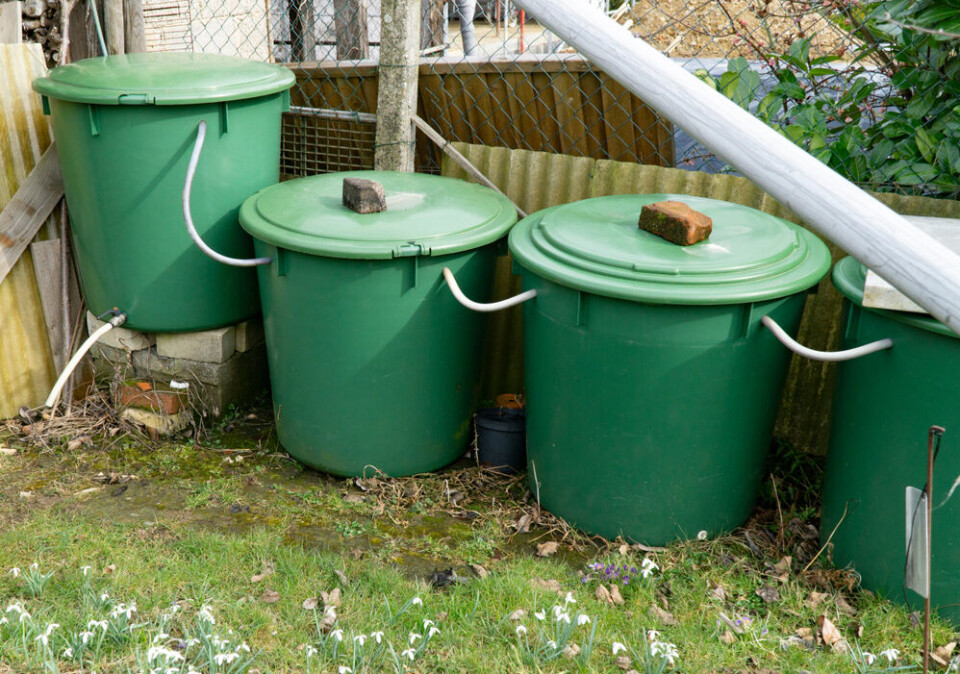-
All wrapped up for Christmas: how to protect your plants in France this winter
Discover effective methods to shield your garden plants from winter frost and cold, ensuring their survival and health through the chilly months
-
Preparing your French garden for the festive season and the year ahead
Christmas veg harvest, sustainable Christmas tree options and great deals on outdoor furniture for next summer
-
Open Gardens: celebrating success in 2025 and welcoming new volunteers for 2026
Discover the gardens charity's triumphs this past year and learn how you can offer support by joining the community
What are the rules for collecting and using rainwater in France
Indoor use in particular is subject to strict rules

You are free to collect rainwater, but there are strict rules on how you can use it, particularly inside the home or if it drains into the sewer system.
The use of rainwater outside is largely subject only to common sense: use it for plants and do not drink it.
However, if you want to use it inside your house for ecological reasons or to cut down on your water bill, there are restrictions, obligations and potential fines of which you should be aware.
These rules are laid out in Article R211-127 of the Code de l’Environnement and essentially serve to protect people from the health risk posed by pesticides (which are present in rainwater) and potentially asbestos (which can be present in older roofs).
What can you use rainwater for?
|
Allowed |
Not allowed |
|
Water plants |
Drinking |
|
Wash clothes (if water has been disinfected) |
Use in cooking |
|
Use in toilets |
Use in dishwasher |
|
Wash floor |
Use in bath/shower |
|
Wash car |
Read more: Practical tips for buying rainwater collector as sales surge in France
If you collect rainwater for use inside your house that drains into the sewage system, you must make a declaration to the local council or mairie.
This declaration must include:
- The building’s address
- An estimate of the volume of rainwater that will go into the sewer
This information will then be used to adjust your taxe d'assainissement collectif, or public sewerage tax.
Under Article R2224-19-4 of the local authority code you also have the obligation to put a sign saying Eau non potable, or non-potable water, on any tap supplied by this water and to check every six months that this is still visible.
Once a year, you must also disinfect the tank and clean any filters and taps connected to the system. Since the law does not oblige you to hire a professional, you can do it yourself.
However, it does oblige you to keep a maintenance record of all rainwater storage tanks (for inside use). This must include:
- Name and address of the person or company that inspected the tank, if you did not do it yourself
- A detailed plan of the rainwater collection system
- The service record of each tank
- Dates and descriptions of maintenance work
- Monthly record of rainwater volume used inside your home
If the home is rented, the owner must inform the person renting it how the rainwater collection system works.
The mairie can send an agent to inspect the system to ensure that it does not pose a pollution risk to the collective waste water system. If the agent has reason to believe that it does pose such a risk, they can require the homeowner to upgrade or disconnect it.
In addition, if your rainwater collection system connected to the sewer is judged to be the cause of contamination, the law includes a fine of €45,000 and up to three years in prison.
Read more
Can I make my French neighbours drain stagnant water from their land?
























